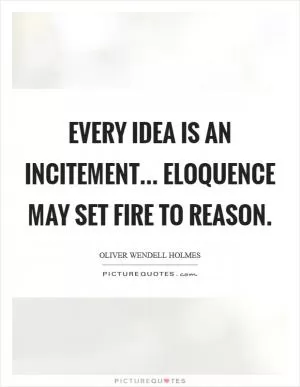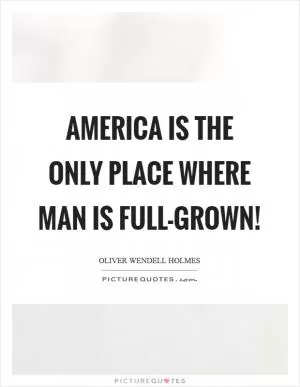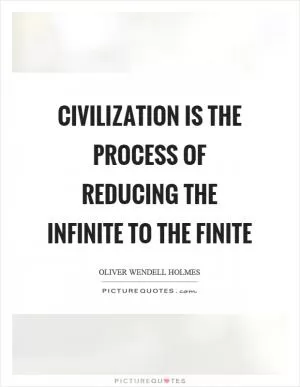Put not your trust in money, but put your money in trust

Put not your trust in money, but put your money in trust
Oliver Wendell Holmes, a renowned American poet, once said, “Put not your trust in money, but put your money in trust.” These words hold a profound meaning that transcends the mere accumulation of wealth. In today’s materialistic world, where money is often equated with success and happiness, Holmes’ words serve as a timely reminder of the importance of prioritizing values over financial gain.The first part of Holmes’ quote, “Put not your trust in money,” emphasizes the fleeting nature of wealth. Money can come and go, and its value can fluctuate with economic conditions. Relying solely on money for security and happiness can lead to disappointment and disillusionment. True fulfillment comes from meaningful relationships, personal growth, and a sense of purpose, rather than the size of one’s bank account.
On the other hand, the second part of the quote, “but put your money in trust,” highlights the importance of using money wisely and responsibly. Trusts are legal arrangements that allow individuals to protect and manage their assets for the benefit of themselves and their loved ones. By putting money in trust, individuals can ensure that their wealth is preserved and distributed according to their wishes, even after they are no longer able to manage it themselves.
Moreover, putting money in trust can also be a way to give back to society and support causes that are important to the individual. Charitable trusts, for example, allow individuals to donate money to nonprofit organizations and make a positive impact on their communities. By putting their money in trust, individuals can leave a lasting legacy that extends beyond their own lifetime.












 Friendship Quotes
Friendship Quotes Love Quotes
Love Quotes Life Quotes
Life Quotes Funny Quotes
Funny Quotes Motivational Quotes
Motivational Quotes Inspirational Quotes
Inspirational Quotes